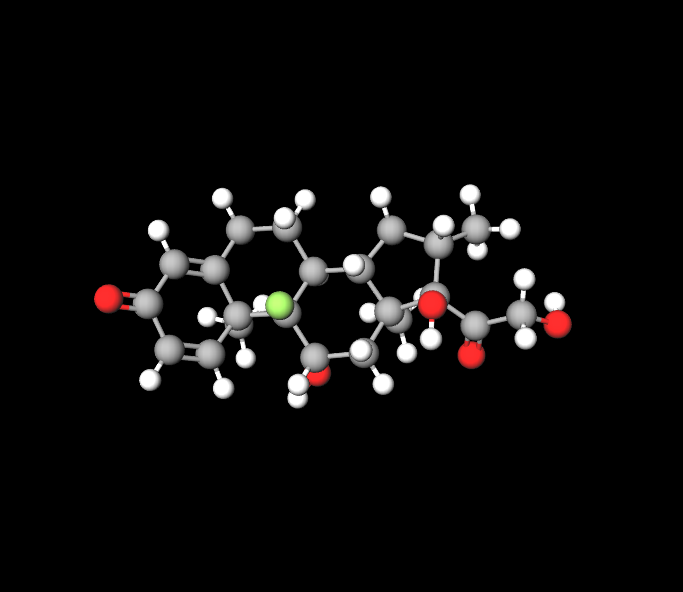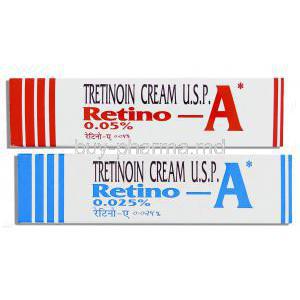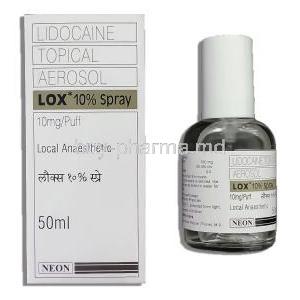Betamethasone Lotion
- 1. Introduction
- 2. Composition of Betamethasone Lotion
- 3. How Betamethasone Lotion Works
- 4. Uses of Betamethasone Lotion
- 5. Off-Label Uses of Betamethasone Lotion
- 6. Dosage and Administration
- 7. Side Effects of Betamethasone Lotion
- 8. Special Precautions in Administration
- 9. Administration to Specific Populations
- 10. Drug Interactions
- 11. Contraindications and Warnings
- 12. Overdose and Emergency Management
- 13. Storage and Stability of Betamethasone Lotion
1. Introduction
Overview of Betamethasone Lotion
Betamethasone lotion is a topical corticosteroid mainly used for its anti-inflammatory and immune-suppressing effects. This skin treatment is effective in reducing symptoms related to skin conditions, making it essential in dermatological treatment.
Brief History of Its Development and Approval
After research in pharmacology, betamethasone was created in the late 1900s. It gained recognition from health organizations worldwide for its effectiveness and safety, establishing itself as a therapy in dermatology.
2. Composition of Betamethasone Lotion
Active Ingredients
Betamethasone, the active ingredient, is a man-made version of prednisolone known for its strong anti-inflammatory properties.

Inactive Ingredients and Their Roles
- Stabilizers help to keep the formula effective over time.
- Emulsifiers assist in achieving an easy-to-spread texture for the lotion.
- Preservatives play a role in warding off microbial contamination, ensuring the lotion remains intact.
3. How Betamethasone Lotion Works
Mechanism of Action
Betamethasone affects the activity of genes that cause inflammation by interacting with receptors in the cell's cytoplasm. This decreases the production of proteins that promote inflammation and reduces the body's reaction.
Pharmacodynamics and Pharmacokinetics
Upon application, betamethasone works quickly. It reaches the skin layers, delivering its healing benefits in the area with little absorption into the bloodstream. This way of working reduces side effects, making it a good option for treating localized issues.
4. Uses of Betamethasone Lotion
Indications in Dermatology
Betamethasone topical cream, gel, lotion, and ointment are used to relieve redness, itching, swelling, or other discomforts caused by certain skin conditions. Additionally, betamethasone topical spray is used to treat adults with mild to moderate plaque psoriasis. This medicine belongs to the corticosteroid (cortisone-like medicine or steroid) class2.
Effectiveness in Treating Specific Skin Conditions
Research has consistently shown that the lotion effectively reduces skin redness, swelling and itching quickly leading to an improvement in the quality of life, for patients.
5. Off-Label Uses of Betamethasone Lotion
Exploring Non-Approved Uses
Evidence Supporting Off-Label Applications
6. Dosage and Administration
Recommended Dosage for Different Conditions
Doctors usually suggest starting with the effective amount of betamethasone lotion to treat skin conditions adjusting the dosage based on the severity and size of the affected area.

Methods of Application
To achieve the desired outcome, it's recommended to apply a thin layer of lotion to the area that needs treatment and gently massage it into the skin for better absorption.
Duration of Treatment Guidelines
It's best to keep the treatment duration short, no more than four weeks in a row, to reduce the chances of experiencing side effects from using topical steroids for a long time.
7. Side Effects of Betamethasone Lotion
Overview of Common Side Effects
Typical unwanted outcomes consist of irritation, dry skin, and follicle inflammation. The majority of side effects are minor. Improve when treatment is stopped.
Potential Serious Side Effects
Infrequent yet severe responses could involve skin thinning, adrenal gland suppression, and the development of Cushing's syndrome, particularly when used extensively over body areas or with tightly sealed coverings.
Management of Side Effects
To effectively manage the situation, it's important to keep an eye out for any changes in the skin, make adjustments to the dosage when needed, and always use the medication with guidance from a healthcare provider.
8. Special Precautions in Administration
Important Precautions to Consider
Betamethasone lotion though it works well should be used carefully to reduce risks. It's important to make sure of the diagnosis before starting treatment and to refrain from applying it on skin areas where skin touches and under tightly wrapped dressings unless instructed by a healthcare professional.
Handling Precautions
- Please refrain from touching your eyes, mouth, or mucous membranes.
- Make sure to wash your hands after using the product unless you are treating your hands.
- It is recommended that patients do not wrap or cover the treated areas unless specifically instructed by a doctor.
Environmental Considerations
It's important to dispose of betamethasone lotion to protect the environment. Make sure to follow regulations when getting rid of any unused or expired products to avoid harming aquatic life and the environment.
9. Administration to Specific Populations
Administration to the Elderly
Elderly individuals might show heightened sensitivity to betamethasone lotion because of a weakened outer skin barrier. It could be necessary to make changes to the dosage and keep an eye on their condition.
Administration to Pregnant Women and Nursing Mothers
Betamethasone only enters the bloodstream in amounts, but it's important to be cautious because corticosteroids could pose a risk to the fetus if absorbed in large quantities. It is recommended for breastfeeding mothers to refrain from applying it near the breast area to avoid exposing their infants.
Administration to Children
Children might experience effects from topical steroids because their skin surface area is relatively larger than their body mass. It is advisable to use these medications in children in the smallest effective doses needed for treatment.
Guidelines for Each Demographic
Healthcare professionals must customize treatment strategies according to risk factors and variations in drug metabolism linked to different demographics in order to guarantee safe delivery.
10. Drug Interactions
Common and Significant Interactions
Some medications could boost the uptake of betamethasone, like CYP3A4 inhibitors. These interactions might amplify the impact of betamethasone leading to a need, for dosage modifications.
How to Manage Potential Interactions
Its recommended to keep an eye on patients for any heightened steroid impacts and make adjustments to the betamethasone dosage. Seeking advice from a pharmacist can also help in handling these interactions.
Interaction with Over-the-Counter Medications
It's important to be careful when using over the counter medications, those with corticosteroids, alongside betamethasone lotion to prevent any worsening of its effects.
11. Contraindications and Warnings
Conditions Under Which Betamethasone Should Not Be Used
Patients should avoid using this medication if they have fungal or bacterial skin infections, tuberculosis, or experience skin reactions after vaccination. Those with a sensitivity to betamethasone should refrain from using this treatment.

Warnings for Other Health Conditions
Patients who have had reactions to corticosteroids before or individuals with existing skin thinning should be careful when using betamethasone lotion as it could make these conditions worse.
12. Overdose and Emergency Management
Signs and Symptoms of Overdose
Excessive or incorrect use of betamethasone lotion can lead to skin thinning, adrenal gland suppression, or Cushing's syndrome. Common signs may involve a facial appearance, high blood sugar levels, and sugar in the urine.
Immediate Actions and Antidote Information
If someone takes too much of the product, it's recommended that they stop using it and seek medical help right away. Since betamethasone has no antidote, treatment focuses on providing support and managing symptoms.
Long-Term Management of Overdose
Monitoring for side effects of systemic corticosteroids over an extended period is essential, along with gradually reducing the dosage to avoid adrenal insufficiency.
13. Storage and Stability of Betamethasone Lotion
Recommended Storage Conditions
Keep the Betamethasone lotion in a place with room temperature away from light and moisture to ensure that it stays effective and reliable.
Shelf Life and Disposal Guidelines
The expiration period usually falls between 2 and 3 years. To reduce environmental harm, patients should be advised to discard any lotion that has passed its expiry date or is unused, following local disposal guidelines.





















